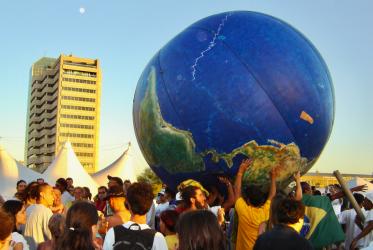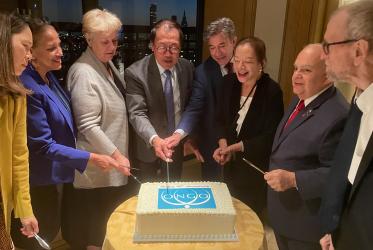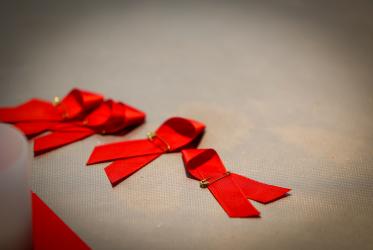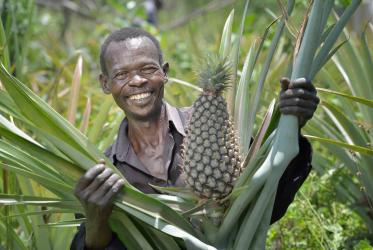Displaying 1 - 20 of 169
What can churches do to prevent modern slavery?
22 February 2024
WCC submits comments on draft UN “Pact for the Future”
12 February 2024
WCC to share key insights at World Social Forum
09 February 2024
UN water summit: how we can make a difference
20 March 2023












